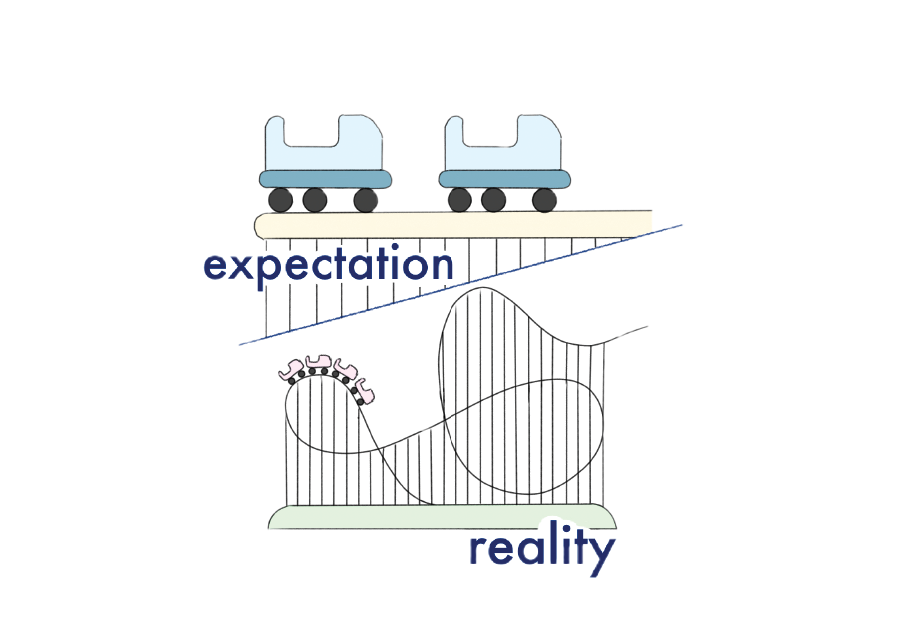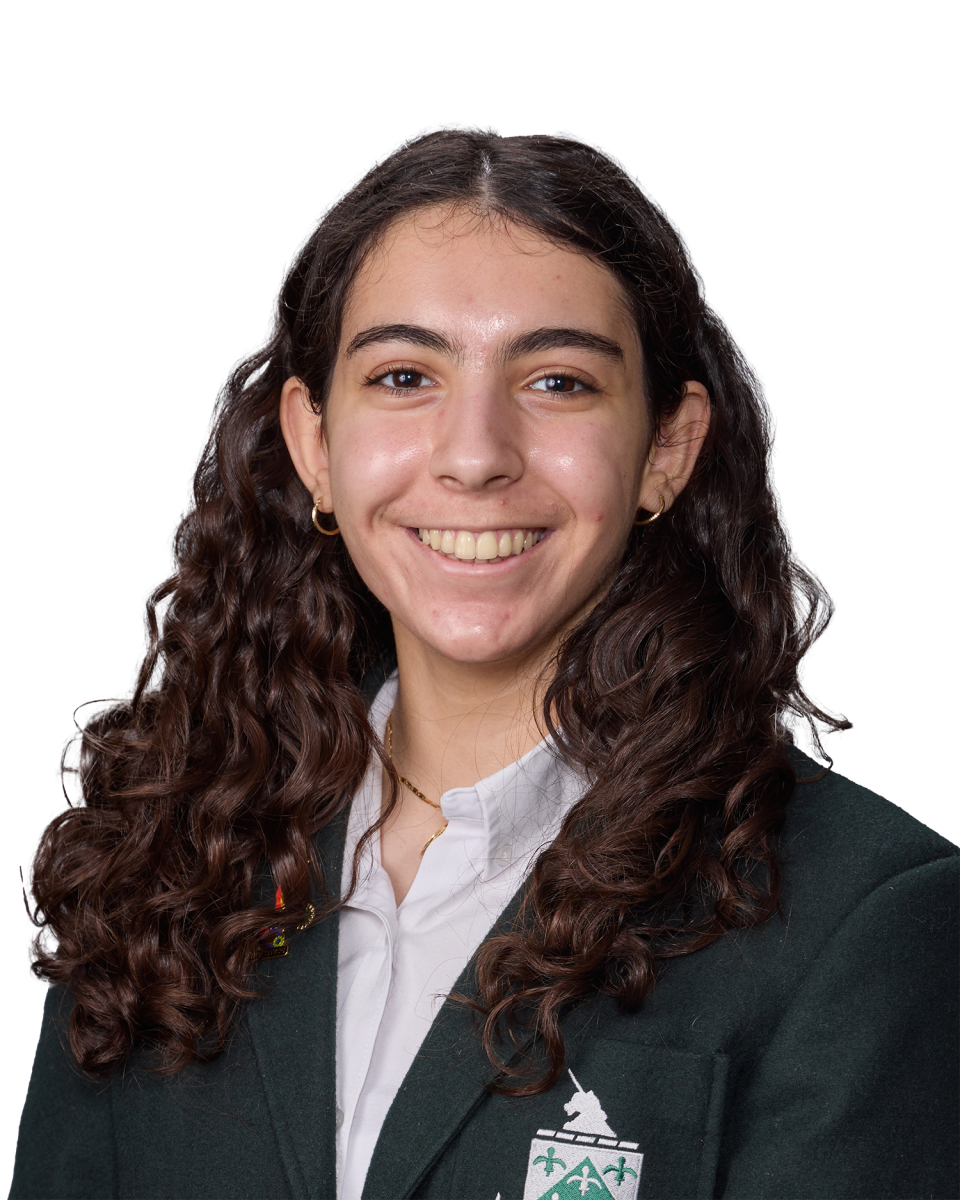“You’re white, so you wouldn’t get it.”
“You’re a rich private school kid, so don’t even try to understand.”
“You’re given whatever you want, so you don’t know what it’s like.”
“You’ve never been in my situation, so your opinion doesn’t matter.”
Hearing these judgmental accusations, I immediately put up a wall, defensively say they’re wrong and end the conversation at that. ‘They don’t understand me,’ or ‘My life is hard, too,’ I think to myself.
But in truth, these claims are true. I do not know what it’s like to live in a household in which my parents do not speak English or to have to rely on the one school-provided meal a day to keep me full. I was born white. I’ve attended private school my entire life. And I’ve always had everything I’ve needed.
But why should I feel guilty about my privilege? I did not choose these things, just as those who are less fortunate did not choose to be disadvantaged. Unlike me, most kids living in Dallas do not have the chance to go to private school, to attend college or to improve their socioeconomic status. Of those students enrolled in a Dallas Independent School District public school, 83 percent of them come from economically disadvantaged families who are unable to afford the Hockaday tuition, which averages around $27,000 a year.
Along with the lack of resources available to their schools, these unfortunate family situations directly correlate to poor academic performance. In 2014, only 200 of the 3,727 seniors in DISD achieved high enough SAT and ACT scores to be considered ready for college.
In contrast, according to College Counseling Department Head Carol Wasden, 100 percent of Hockaday students gain admittance to college and most graduate ready to begin rigorous careers.
As college is the gateway to a prosperous career, many of these kids continue living with economic disadvantages their entire life. They do not become politicians who control government, nor the teachers who strive to educate and prepare students to move up in the world. So as we take on these roles as the leaders, the teachers and the policy-makers, we must form educated opinions in order to improve others’ situations.
While we should never feel guilty about the privilege we were born into, we should feel guilty if we do not use it correctly. It is our duty to use our advantages to provide opportunities to those who were not born with them, and the first step to fulfilling this duty is to recognize the difference between our privilege and the unfortunate situations that many others undergo.
We need to get it. We need to understand. And we need to know what it’s like. Because we are the ones who have the resources to evoke change.
– Erica Jones







